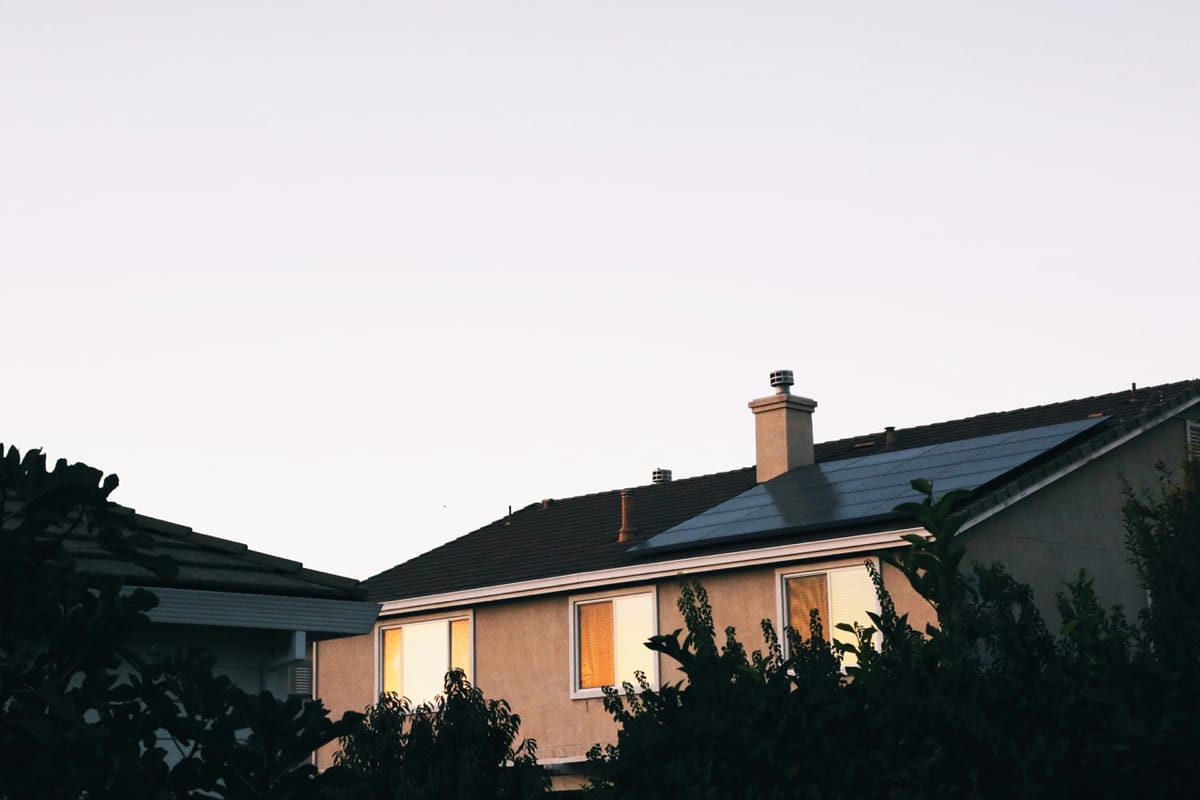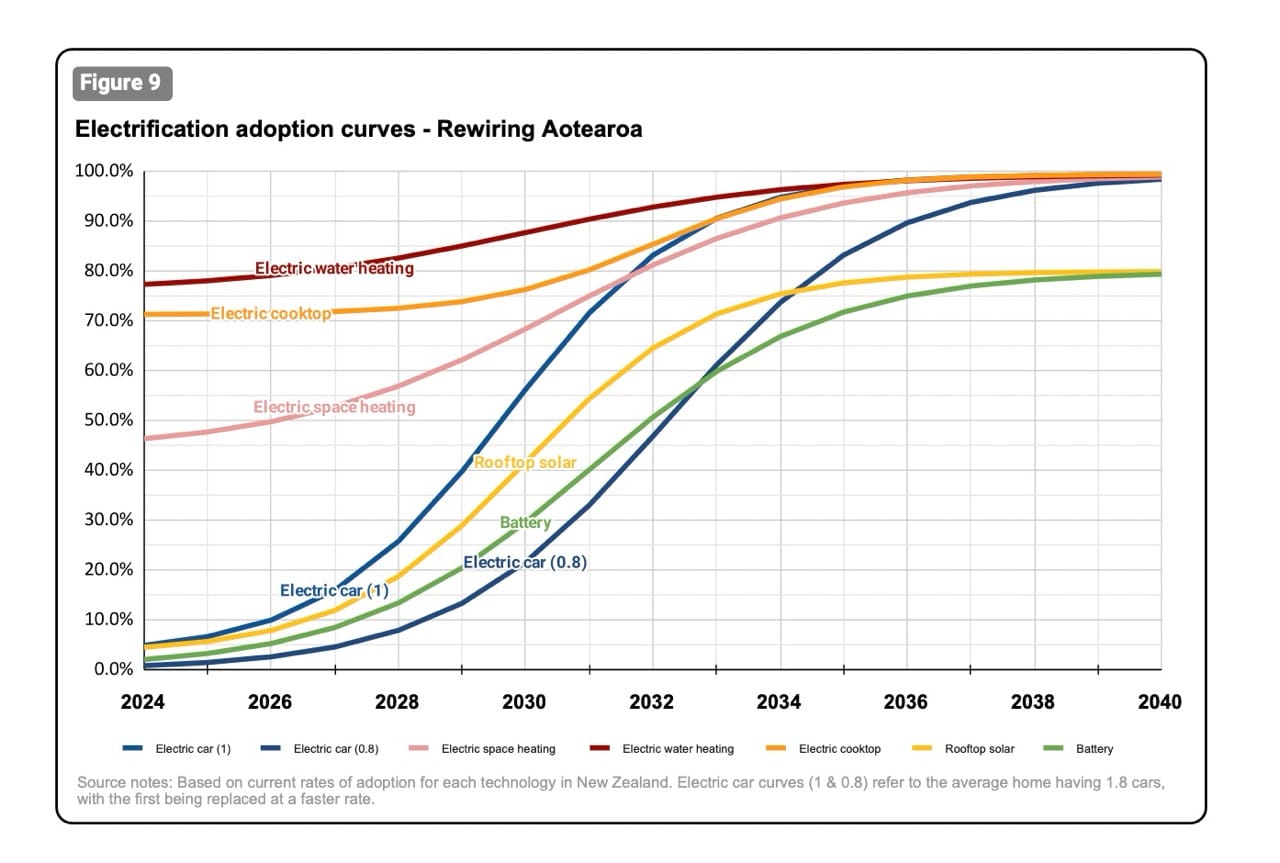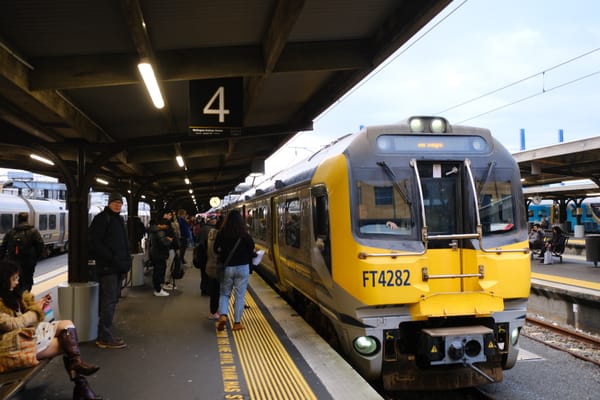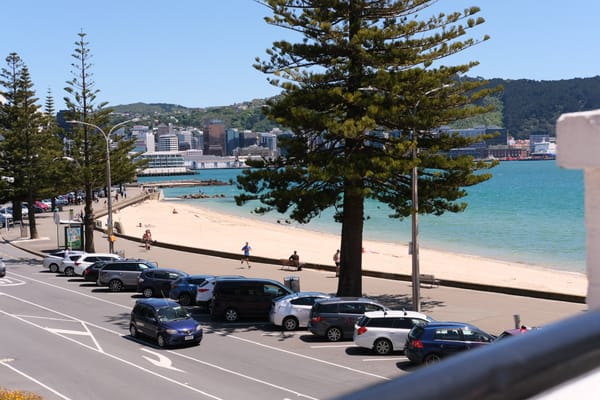Power is too expensive. It doesn’t need to be.

Our power bills are too expensive. Why?
Because we haven’t got enough power plants to make all the power we need. It is a dry year, meaning that our dams are running low on water. When there’s less water, we can’t make as much electricity. Demand has also been higher, so much so that power companies were allowed to take emergency backup water from our dams to meet demand.
With hindsight, this was an avoidable crisis. Since 2014, we haven’t meaningfully increased the amount of electricity we can make. Instead of investing in generating more power, big power companies delivered $8.7 billion in dividends to shareholders. They had the building consents to increase power production by 20% – and didn’t.
We need power to be abundant and cheap. Everything from cars and stoves to smelters and boilers must run on electricity if we want to stop using coal, oil, and gas. We’re building more power generation, slowly. We need to build it faster.
Let’s explore the Government’s fossil fuelled future for power, and what they could achieve by harnessing this unique moment in history.
How does the Government want to solve the problem?
Power companies need permission to build power plants – and the Government wants to solve the power shortage by making building consents easy. I love this idea… but. The Government wants to make it easy to build any kind of power – including fossil fuel power.
Specifically, they want to simplify businesses building liquified gas power stations. The government claims that when the sun isn’t shining, wind isn’t blowing, and the lakes aren’t full, we must burn fossil fuels to keep the lights on. It’s not true – we can solve the problem (called intermittency) without gas.
While liquid gas (might) pollute less than coal, it pollutes so much more than wind, solar and hydropower. Plus, we don’t import liquid gas right now. Any businesses building new power plants would need to build all the importing infrastructure before a single bit of electricity is made – that will take years.
Why would we solve the power shortage with solutions that warm the world, and won’t come online for two years at least?
I’d argue the Coalition is allowing more fossil fuels because they don’t want to invest their own money to solve the intermittency problem. They cancelled the last government’s solution – a new hydro dam at Lake Onslow – because it cost the government to build. Onslow wouldn’t have fixed this immediately either – it was nowhere close to started when Labour left office (but that’s a rant for another time).
There’s another way to solve this. It’s cheaper than using fossil fuels. And we can get started solving it today.
Here comes the sun…
Right now, California is charging massive batteries with solar power during the day to power homes at night and in winter. This is how they solve intermittency. We can do the same. If every home had a solar panel and battery, we could use those batteries and existing hydro dams as backup power at night.
Did the Minister of Energy look into that alternative before deciding to simplify building fossil fuel power? He did not. It seems the government is laser focused on keeping fossil fuels around – despite the fact they’re more expensive, more dangerous, and generally a bad vibe.
Thankfully, clever people at Rewiring Aotearoa have explored just how good New Zealand could be if we solved intermittency with an abundance of solar power.
Solar power is SO cheap. Making power with rooftop solar is two thirds cheaper than getting it from the grid. When you power your home and car with solar, you could save between $1,500 and up to $4,500 every year. Solar does more than save money, too. During disasters, you have power if there’s a blackout. And, it doesn’t pump carbon into the air.
The biggest barrier is upfront cost. Solar power saves lots of money over time, but is expensive to buy in the first place. The government could solve this problem by offering solar loans like student loans. Get a loan to install solar, and only pay it back when a home is sold. Or, offer a discount to homes that choose to buy it. Or, get banks to offer low interest loans for solar so people can afford to borrow. There are many options to fund this.
Putting solar generation on people’s roofs also shrinks our dependence on companies who didn’t build enough power stations and have led power prices to increase 42% in the last decade.
If the Government made it easy to get solar power, the economy would save lots of money. Electrifying every Kiwi home and car would save the country $10 billion in energy costs every year. It will also cut our yearly pollution by ten million tonnes – equivalent to taking 80% of the cars in New Zealand off the road forever.
Choosing not to invest in solar now means more expensive energy for people in the future. Ministers want more renewables – government funding for solar is a fantastic way to make enough electricity without needing gas power.
We’ve never had a power source this good.
I can’t stress enough how incredible the moment we are living in is. For all of human history, cheap energy hurt us. Burning wood clogged our lungs. Coal kickstarted climate change. Either we compromised our health and environment or we went without affordable energy.
For the first time ever, we don’t have to make that trade off. Solar and wind power protect the environment while being the cheapest energy source.
That’s why a third of homes in Australia are now solar powered. The US (the world’s biggest polluter) is also rapidly switching to this technology. Aotearoa could do the same. We can electrify every home in the next 15 years with the right government action.

Our people lose out when leaders keep allowing expensive and polluting fossil fuels to be used. We can build this affordable and abundant technology today. Every moment our leaders focus on fossil fuels is a moment wasted.
Power doesn’t have to be expensive. It can be abundant and cheap right now. Will our leaders make it so?





